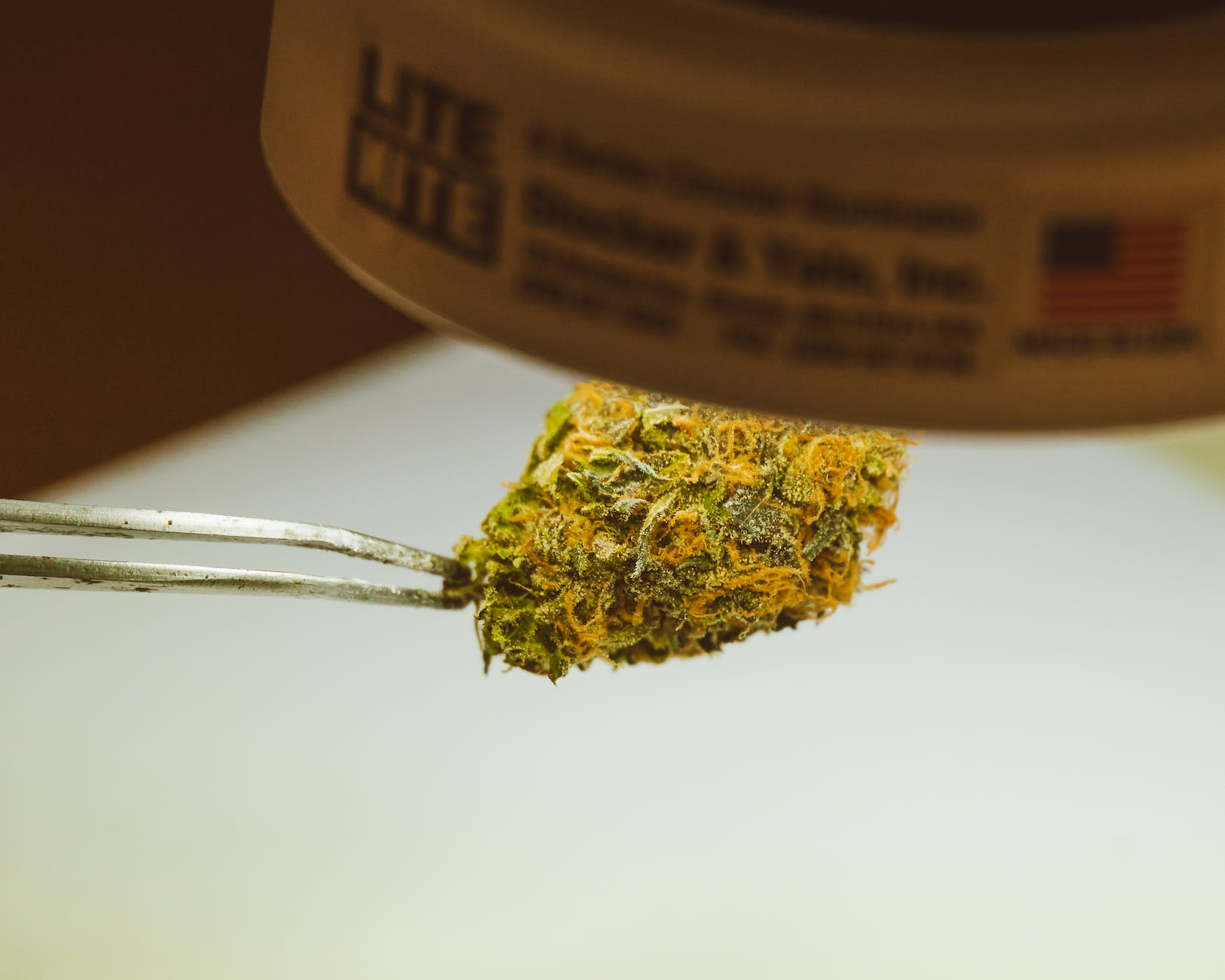The shift in societal and legal attitudes towards cannabis in recent decades has led to an increasing exploration of the plant’s potential uses. Central to this exploration is the concept of recreational marijuana, a topic both attracting interest and evoking debate. Driven by its association with creativity enhancement, stress relief, and socializing, recreational cannabis use invites us to understand it beyond the common narrative of vice.
Recreational marijuana refers to the use of cannabis outside of medical purposes. Often associated with relaxation and euphoria, it has been lauded for its mood elevation qualities and its capacity to enhance sensory experience, serving as a unique tool for stress relief. However, while the term “recreational” implies an element of frivolity, responsible consumption should always be at the forefront of its use.
Indeed, a wealth of research suggests that THC, the primary psychoactive compound found in cannabis, has the potential to induce relaxation, reduce anxiety, and promote interpersonal connections when used responsibly and in moderation. Such benefits can, in turn, contribute to increased socializing and more immersive encounters with art, music, and other cultural expressions, prompting a richer sensory experience.
The narrative around marijuana’s role as a creativity enhancement tool is particularly intriguing. Famous artists, like the Beatles and Bob Marley, have claimed marijuana to be a source of inspiration. Moreover, a 2010 study looking at cannabis and creativity found that cannabis can increase divergent thinking, associated with creative cognition. It appears that the right strains, dosages, and settings can aid in fostering a novel perspective or approach to tasks and circumstances.
Mindful recreational use also means understanding that the same compound responsible for the euphoria and relaxation can cause uneasiness or paranoia if not responsibly consumed. Overuse or misuse can lead to problems such as persistent cough, bronchitis, and cognitive deficits. Clear guidelines on safe usage include prioritizing low-THC strains, avoiding driving under the influence, and limiting use among adolescents.
Heightened enjoyment isn’t limited to the social and creative capacities of cannabis. Many recreational users also report a mood elevation effect of cannabis, especially when consumed responsibly. A small 2016 study found that low doses of THC significantly reduced stress. Similarly, another study published in the Journal of Clinical Psychology found that cannabis may have short-term mood-enhancing effects.
However, users are advised to exercise caution, as overuse or reliance on cannabis to cope with negative feelings could potentially lead to dependency and other mental health issues. Therefore, responsible consumption is core to the recreational marijuana experience. Consumers should educate themselves on the potential risks and benefits of cannabis use, be mindful of their consumption habits, and seek professional advice where necessary.
To successfully navigate the wave of recreational cannabis, it is essential to understand that cannabis affects everyone differently. The optimal recreational experience is subject to an individual’s tolerance, the strain of cannabis, the THC concentration, and the method of consumption.
In conclusion, recreational marijuana use is not merely about seeking euphoria and relaxation. It encompasses aspects like creativity enhancement, socializing, mood elevation, and a heightened sensory experience. While its benefits cannot be overlooked, it is essential to remember the vital role safe usage and responsible consumption play in this dynamic. The paradigm around recreational cannabis is changing not because of its intoxicating properties alone, but due to its capacity to improve well-being and life quality when used responsibly.

